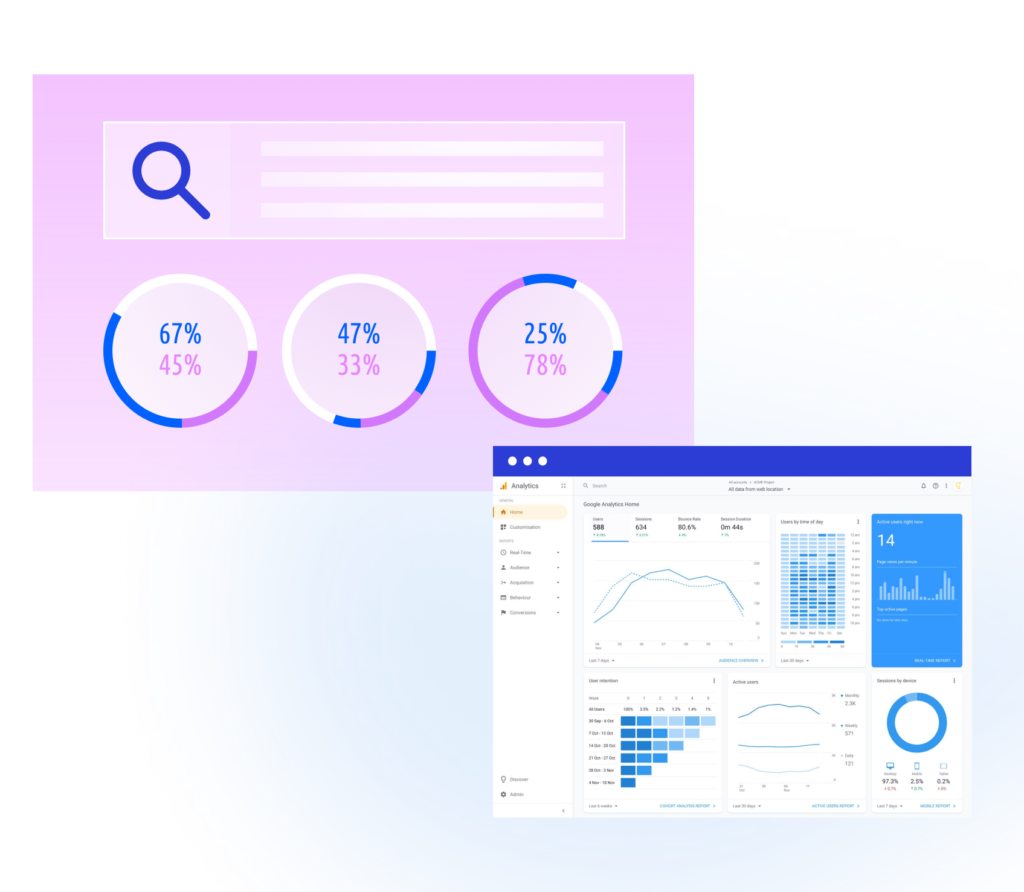Traditional Marketing Agency and Growth Marketing Agency are two distinct types of marketing agencies that businesses can employ to help them achieve their marketing goals. Here are the key differences between the two:
Focus: Traditional marketing agencies typically concentrate on creating and executing marketing campaigns that enhance brand awareness and reach, often utilizing traditional marketing channels such as TV, radio, print, and billboards. Conversely, growth marketing agencies focus on strategies that propel growth throughout the entire customer lifecycle. They employ a data-driven approach to optimize every stage of the customer journey, from acquisition to retention.
Channels: Traditional marketing agencies often specialize in offline marketing channels, such as print, TV, and radio, although many have expanded to include digital channels. Growth marketing agencies, however, are typically digital-first and use a variety of online channels, including SEO, content marketing, social media, email marketing, and more.
Technology and AI: Traditional marketing agencies have started to incorporate digital tools and platforms into their strategies, but their use of technology is often limited compared to growth marketing agencies. Growth marketing agencies, on the other hand, have a deep understanding of the full marketing tech stack. They work with a variety of tools and platforms, including CRM systems, BI tools, different CMS, A/B testing tools, marketing automation platforms, chatbots, and more. They also leverage AI for data analysis, writing scripts for automation, and SEO testing. This extensive use of technology and AI allows them to be more agile, data-driven, and customer-centric in their approach.
Agility and Scrum-Based way of working: Traditional marketing agencies often follow a linear approach, where campaigns are planned, executed, and then evaluated in a sequential manner. Growth marketing agencies, however, embrace agility and often use a scrum-based approach. This involves iterative and incremental practices, allowing for rapid adjustments based on feedback and data. This agility enables them to quickly respond to changes in the market, customer behavior, or business goals, leading to more effective and efficient marketing strategies.
Measurement: Traditional marketing agencies often measure success in terms of reach and brand awareness, looking at metrics like impressions, circulation, and brand recall. Growth marketing agencies, on the other hand, focus on metrics that directly tie to business growth, such as customer acquisition cost (CAC), lifetime value (LTV), conversion rates, and retention rates.
Approach: Traditional marketing agencies often use a more static, campaign-based approach. They create and execute individual campaigns, then move on to the next one. Growth marketing agencies, however, use a more dynamic, iterative approach. They continuously test, measure, and optimize their strategies based on data and feedback.
Scope: Traditional marketing agencies often focus on the top of the funnel, aiming to attract as many potential customers as possible. Growth marketing agencies, however, look at the entire funnel. They aim to not only attract customers but also convert them, retain them, and turn them into advocates for the brand.
In summary, while traditional marketing agencies focus more on brand awareness and reach using traditional marketing channels, growth marketing agencies use data-driven strategies, advanced technologies, AI, and agile methodologies to drive growth throughout the entire customer lifecycle



